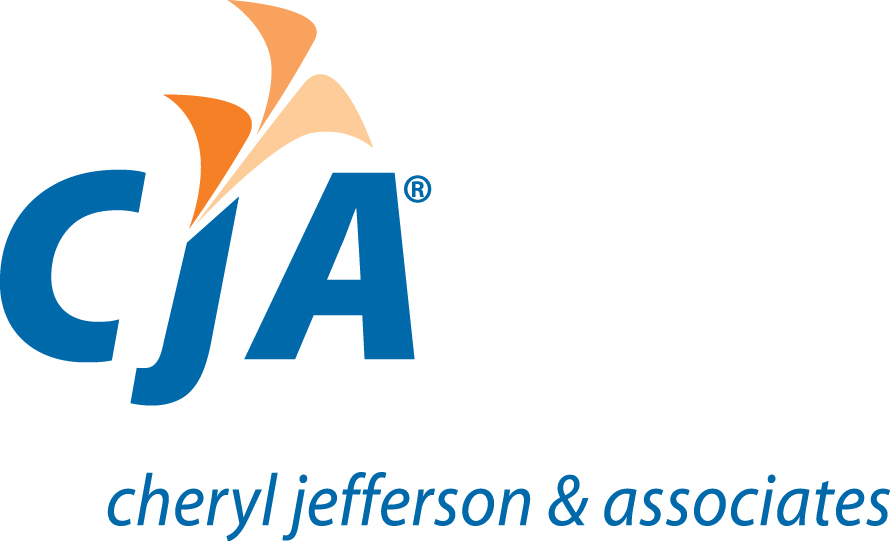Working capital is the difference between a company’s current assets and its current liabilities. Current assets include cash, inventory, receivables, and other assets which are expected to be turned into cash within one (1) year. Current liabilities include accounts payable, loans…
Read MoreIndirect Costs and Billing Rates
Indirect Costs and Billing Rates For government contractors there is a considerable amount of emphasis on indirect costs. The Federal Acquisition Regulations (FAR) provides the parameters for grouping these costs. Per FAR 31.203(c), “logical cost groupings” are for indirect costs….
Read MoreHow Can the HUBZone Help?
How Can the HUBZone Help? The world of government contracting can be a difficult world to establish a new business, especially a small business. This has been addressed through the ‘Small Business Reauthorization Act of 1997’. As a result, the…
Read MoreAllowable Travel Costs
Allowable Travel Costs Federal Acquisition Regulations (FAR) If a government contractor incurs business travel costs, then all the costs should be fully allowable, right? Not necessarily, the Defense Contract Audit Agency (DCAA) provides guidance on allowable travel expenses in the…
Read MoreAre Legal Costs Allowable or Unallowable for Government Contractors?
Are Legal Costs Allowable or Unallowable for Government Contractors? One of the most ambiguous things that a government contractor or their accountant has to deal with when making accounting entries is the allowability of legal fees and costs. The rules regarding…
Read MorePublic Relations & Advertising Costs – Allowable or Unallowable?
Many companies incur advertising and public relations costs. For the government contractor, the complication comes in determining whether these costs are allowable under the Federal Acquisition Regulations (FAR). The basic rule of thumb is if it is related to benefiting the government,…
Read More